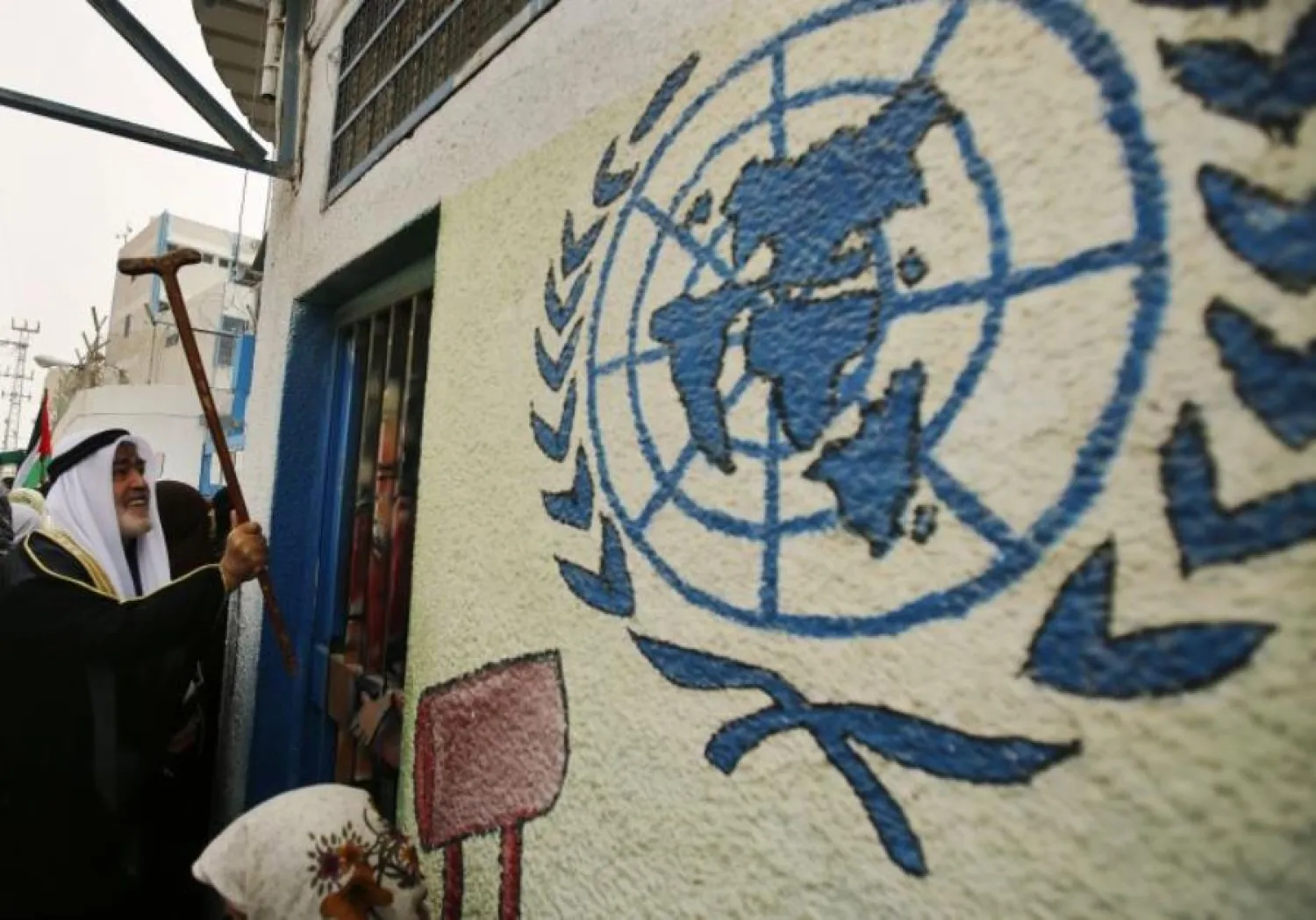Saudi Arabia reaffirmed on Wednesday its commitment to support Palestinian refugees wherever they are found, saying that it spares no effort in trying to find solutions for persisting financial challenges faced by the United Nations Relief and Works Agency for Palestine Refugees (UNRWA).
The kingdom said that UNRWA provides a vital service in terms of enabling youth and proving job opportunities, which is viewed as the first line of defense against radicalization.
This came in a speech delivered by the member of the Permanent Mission of the Kingdom to the United Nations Shaher Bin Khalid Al-Khanini before the Special Political and Decolonization Committee of United Nations.
The Saudi delegate stressed that the tragedy of the Palestinian people will not end as “Israel continues its occupation of Arab territories and its violation of international law,” emphasizing on the need to immediately seek to address root causes of resolving this crisis.
He also urged the need to stop the forced and chronic displacement of refugees by ending the Israeli occupation of Palestinian territories and the rest of the Arab territories, retreating to the 1967 borders.
Khanini said the Kingdom provided uninterrupted support for UNRWA in past decades, which ranks it as a first donor country.
In 2017, Saudi Arabia donated $51 million to finance a number of projects in health, education, social and housing areas. It also pledged $36.9 million for projects scheduled for 2018.
The Kingdom’s annual contribution amounts to $2 million, he added.
According to UNRWA, nearly one-third of registered Palestine refugees, more than 1.5 million individuals, live in 58 recognized Palestine refugee camps in Jordan, Lebanon, Syria, the Gaza Strip and the West Bank, including East Jerusalem.
A Palestine refugee camp is defined as a plot of land placed at the disposal of UNRWA by the host government to accommodate Palestine refugees and set up facilities to cater to their needs. Areas not designated as such are not recognized as camps.
However, UNRWA also maintains schools, health centers and distribution centers in areas outside the recognized camps where Palestine refugees are concentrated, such as Yarmouk, near Damascus.
Land plots on which the recognized camps were set up are either state land or, in most cases, land leased by the host government from local landowners.
Consequently, refugees in camps do not ‘own’ the land on which their shelters were built but have the right to ‘use’ the land for a residence.









